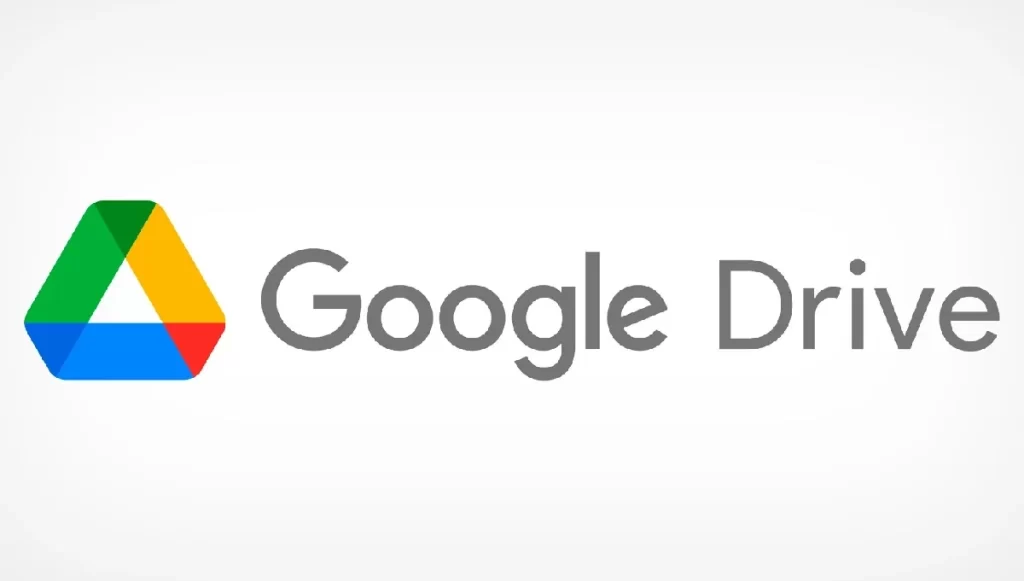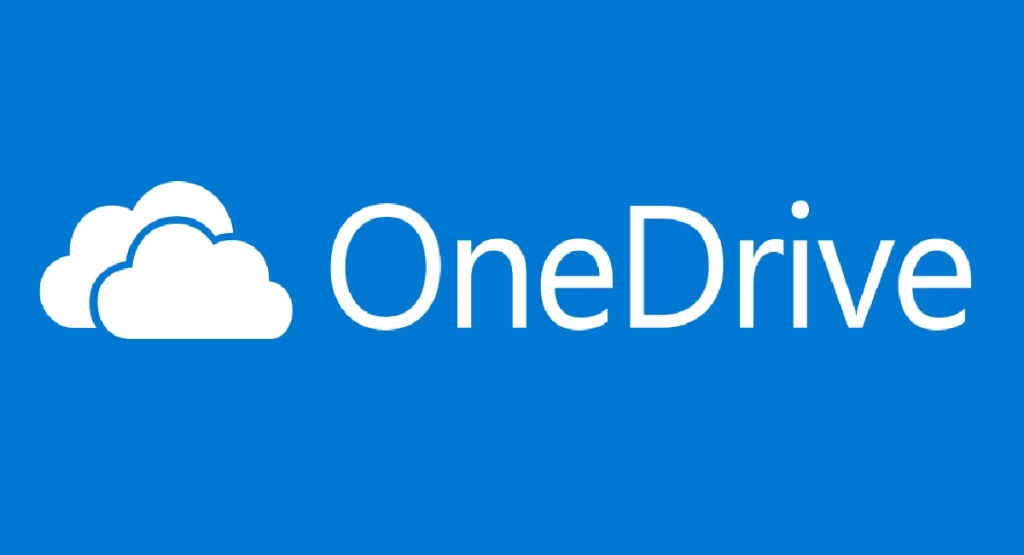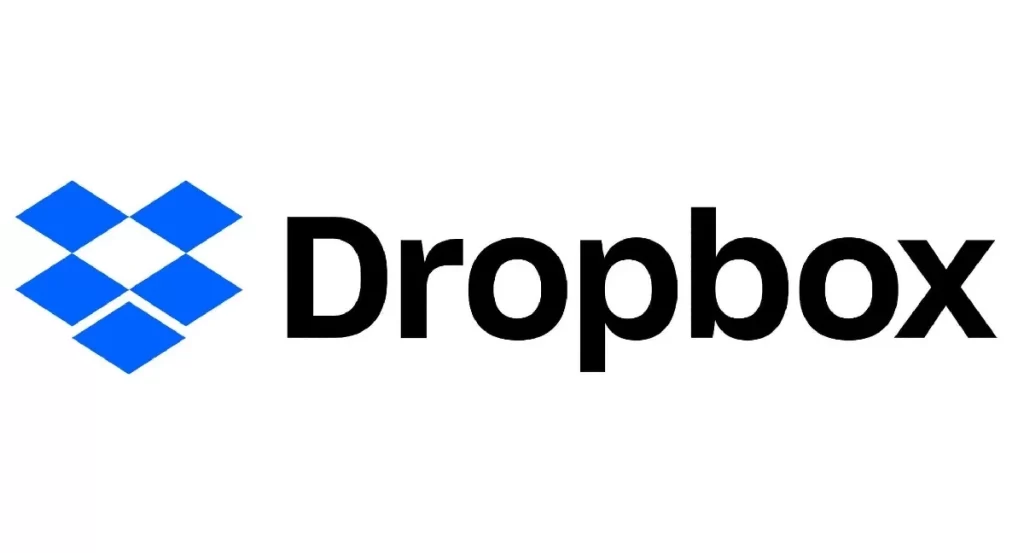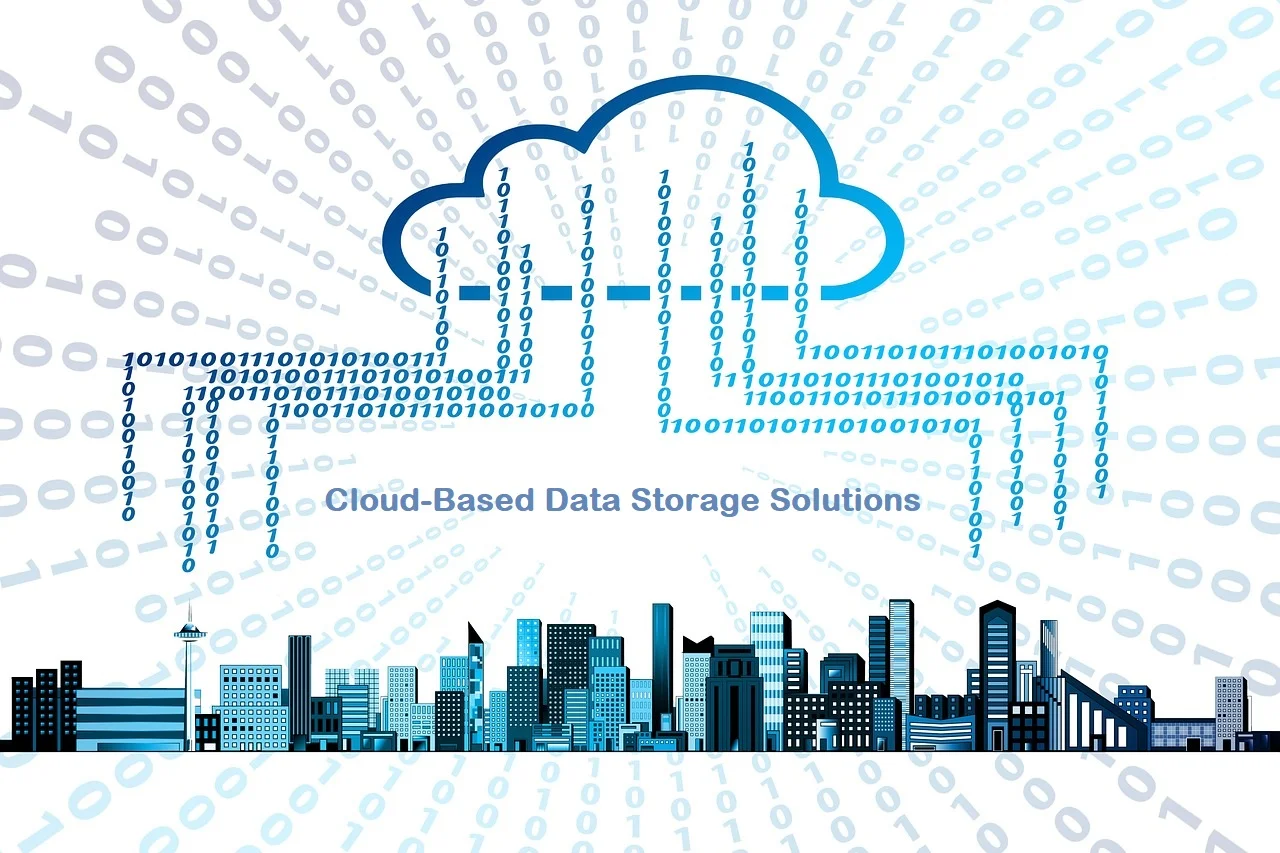Cloud-based data storage solutions have revolutionized the way individuals and businesses store and manage their data. With the increasing amount of digital data being generated, traditional data storage methods are becoming less feasible and more expensive. Cloud-based data storage solutions offer numerous benefits, such as increased accessibility, scalability, and cost-effectiveness. In this article, we will explore the different types of cloud-based data storage solutions and their advantages, as well as considerations to keep in mind when choosing a cloud storage provider.
What Is Cloud Storage?
To exchange files or save a large amount of data, it is no longer necessary to use flash drives, hard drives, and cables – they are gradually becoming a thing of the past. There is no need to upload or download materials to external media if you can use reliable cloud storage.
From the side of any user, cloud storage is a regular Internet service. You access the Internet, open the service website, and can manage files – upload, delete, and download. But in fact, all materials and documents are stored on a server – a remote powerful computer that is constantly connected to the Internet. Thus, cloud storage is an online storage on a remote server that can be used to store, send and receive data (files, digital objects, documents).
Of course, on this side of the monitor, the entire structure of the network is not visible. If we go into the storage, we get access to the “cloud” – one large virtual server. At the same time, this server can physically consist of hundreds of computers located in different parts of the world. This feature allows you to store files not on one, but on several devices.
Cloud Storage Features
Why use cloud storage when you can store materials and files on your personal computer or on a removable drive?
Cloud Storage Pros and Cons
- Upload and transfer large files. A prime example is video. They weigh a lot, and most often you will not send them by mail or through social networks. Sometimes video files do not even fit on flash drives with gigabytes of memory.
- Get access to files from any device (computer, tablet, or phone) and from anywhere in the world that has an Internet connection.
- Work with one file at the same time for several people. This greatly reduces the time of work and simplifies the interaction. It is indispensable for large organizations in which communication between departments is important, as well as organizations that have branches.
- Make backup copies of all data uploaded to the cloud service. This reduces the chance of data loss in the event of a server hard drive failure or failure.
However, like any technology, cloud storage has some drawbacks.
- File confidentiality remains in question. If desired, service employees can access the stored files. In addition, in the event of a hacker attack, all files can get into the public domain.
Types of Cloud Storage
Data storage can be organized in different ways since there are different types of cloud storage. Storages have certain characteristics: what works well for solving one task, for example, collaboration, will not be entirely successful for solving another, for example, backing up valuable information. Each storage type supports a specific unit of storage. Let’s see what cloud storages exist.
Cloud Disks
Cloud drives are often confused with services – Dropbox, OneDrive, Google Drive, and so on. Calling these online services disks is incorrect since they cannot be formatted into a file system. Cloud drives can be configured on your cloud server. Storage disk space can indeed be made available to a computer over the Internet as a local disk. There are even special Internet protocols for this. Thanks to them, storage networks are created, for example – SAN (Storage Area Network).
Cloud Folders
For many users, the difference between a network drive and a folder is negligible. However, at the level of system operation, these are completely different concepts. Cloud folders are the same Dropbox, and OneDrive that have already been mentioned. A cloud folder is a popular and useful resource both in setting up work and business processes and for private use. All the advantages of cloud folders will be discussed in detail below.
DBMS, Data Warehouses
DBMS is a database management system. The most widespread are control systems based on special SQL queries to relational databases. Rarely used unstructured or poorly structured databases. DBMS accepts queries and returns data sets (datasets) – selections arranged in lists and tables.
Object Stores
Object stores allow you to store files along with additional information (metadata). This information allows you to process files as application objects – videos, products, projects, and accounting documents. To interact with the cloud object storage, a programming interface (API) is used, which allows you to write an object to the storage using special commands, rather than dragging and dropping. The choice of cloud storage depends on your goals and preferences. The most “understandable” and commonly used type of cloud storage is cloud folders. Folders allow you to share files and documents. Let’s talk about them in more detail.
Cloud Folders
If a data storage service is needed only as a file-sharing service, then when choosing a service, you should pay attention to the free storage space, tariffs, and the maximum size of the uploaded file (some services have such a limitation). These are the main characteristics, but there are others that also affect convenience.
Almost all cloud folders support file previews. However, in each case, files may mean different things. For example, somewhere you can view only photos and documents, and somewhere audio and video files. If this is important to you, you should pay attention to the list of supported formats.
For some services, you can connect security enhancement services that allow you to encrypt files – all materials become available only with a key located on the device.
You can determine whether this or that cloud folder suits you by evaluating the following parameters: the amount of free space, additional paid and free features, and file upload/download speed.
Cloud-Based Data Storage Solutions
Which cloud storage should I choose? You have probably asked yourself this question at least once in your life. If not, it’s time to figure out which cloud storage is better and why they are indispensable in the modern world. Let’s take a quick look at the most popular cloud folders.
1. Google Drive

Google Drive is a cloud-based data storage solution that is designed for seamless integration with other Google services such as Google Photos and Google Docs. It is particularly convenient for Android device owners as the application is pre-installed on their devices. Google Drive can store up to 30 different types of files, including music, photos, and videos. Its interface is designed in the familiar style of other Google services, making it comfortable and easy to use for avid Google users.
Volume: 30 GB (Free)
Expansion up to 100 GB or up to 1 TB for a group of users (Paid)
Suitable for: Windows, macOS, iOS, Android
Synchronization: High Speed
Additional Features:
- The ability to rollback to a previous version (after changes)
- Scanning and automatic saving to PDF format
- Playing a video in a window stylized as Youtube
- Automatic data analysis
- Built-in search
- Connection to a premium account
However, apart from increasing the available disk space, a premium account does not provide any other benefits: all the features of Google Drive are equally available to all its users.
2. OneDrive

Cloud Internet service for storing files and file sharing from Microsoft. It has a built-in Photos app that allows you to use OneDrive to sync all your pictures. It also integrates with Office 365, so you can create and edit Excel, Word, and PowerPoint documents directly from the application.
For Windows users, the advantage of Microsoft OneDrive over analogs is obvious – it does not need to be installed. Also, you do not need to create a separate account – to enter the cloud, just enter your Microsoft account details.
Volume: 5 GB (Free)
(Expansion up to 50 GB or 1 TB is paid. Discounts when you sign up for a personal or family subscription to Office 365)
Suitable for: Windows, macOS, iOS, Android, Windows Phone, Xbox
Synchronization: Medium Speed
Additional Features:
- The user has remote access not only to the OneDrive folders but also to all the contents of the computer on which the Microsoft account is installed
- You can view and edit documents through Office applications
- Creation of photo albums
- Built-in Skype
- Built-in search
In Paid Versions:
- You can create links with a limited duration
- Multi-page scanning and automatic saving to PDF format
3. Dropbox

This is the oldest cloud storage where you can upload and share files. The work is based on data synchronization. Dropbox is recommended to be used in conjunction with BoxCryptor, which encrypts files before syncing. This increases the confidentiality of the service.
Easy to use, Dropbox is stable and fast. You can switch between work and personal cloud space without leaving your account. Each space is allocated 2 GB of memory.
The main advantage of Dropbox over its competitors is that when editing files, the service does not copy them completely, but transfers only the changed part of the document. This provides a “lightning” speed of operation in comparison with analogs.
Volume: 2 GB is free
You can expand up to 16 GB if you link your social media accounts and offer a link to your friends
Expansion up to 1 TB (Paid)
Suitable for: Windows, macOS, Linux, iOS, Android
Synchronization: High Speed
Additional Features:
- DropBox Paper – document collaboration service
- Dropbox Business subscription
- The ability to restore documents from previous versions from the file change log (up to 30 days)
- Photos can be downloaded automatically from the camera
- Service search
- The ability to configure the function – change notifications
In Paid Versions:
- If your device is stolen or deleted, you can destroy the stolen data remotely
- You can create links with a limited duration
- Two-factor authentication (authentication)
- Levels of access to different data
- Round-the-clock technical support
Conclusion
Cloud-based data storage solutions offer a plethora of benefits, such as increased accessibility, scalability, and cost-effectiveness. Google Drive is one of the most popular cloud-based storage solutions available, especially for Android users. However, when choosing a cloud storage provider, it is essential to consider factors such as security, data privacy, and reliability. As the amount of digital data continues to grow, it is crucial to adopt efficient and effective storage solutions to manage it. With cloud-based storage, individuals and businesses can ensure that their data is easily accessible, safe, and secure.
 SlushWeb Live the Way You Love
SlushWeb Live the Way You Love


